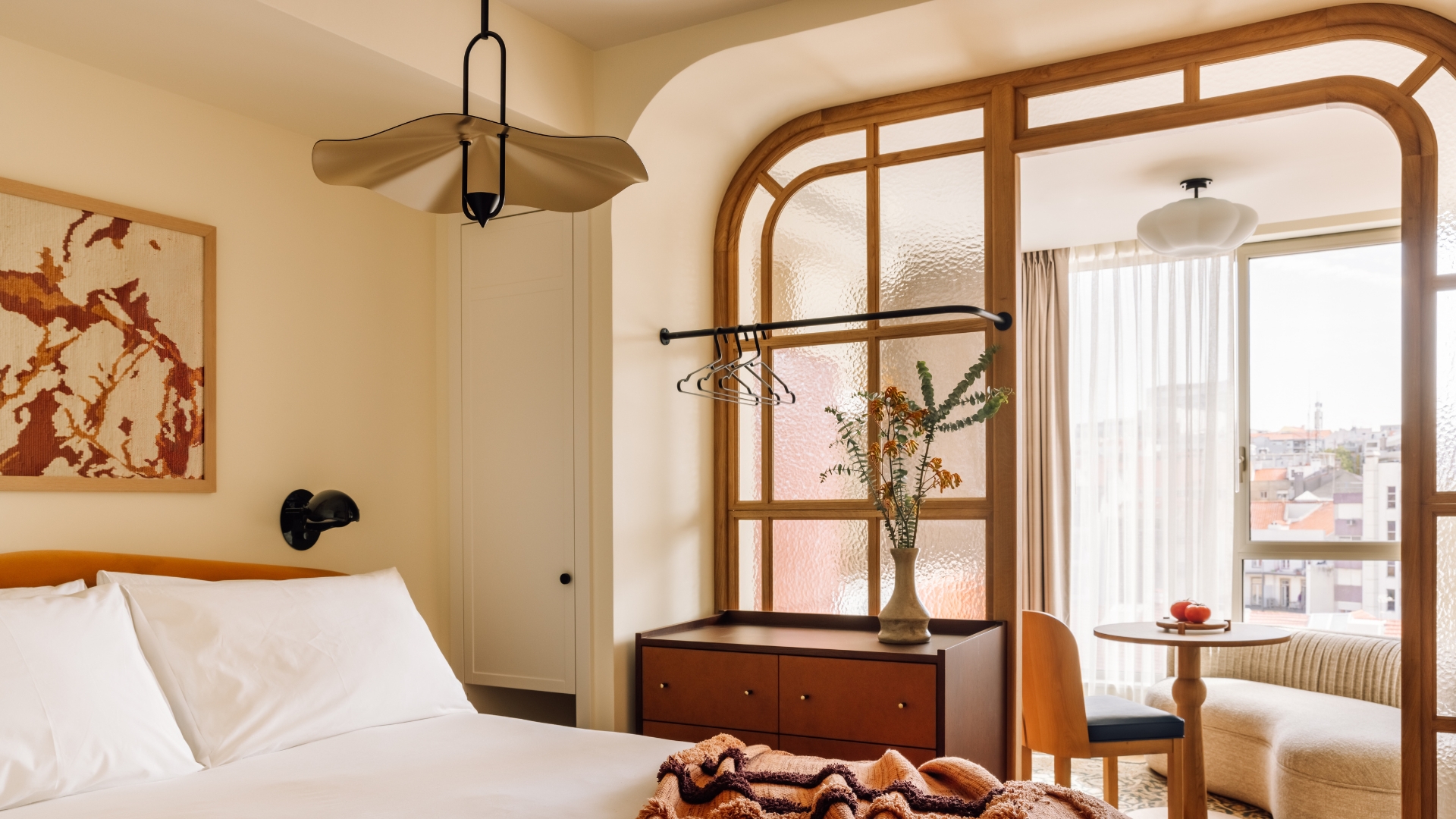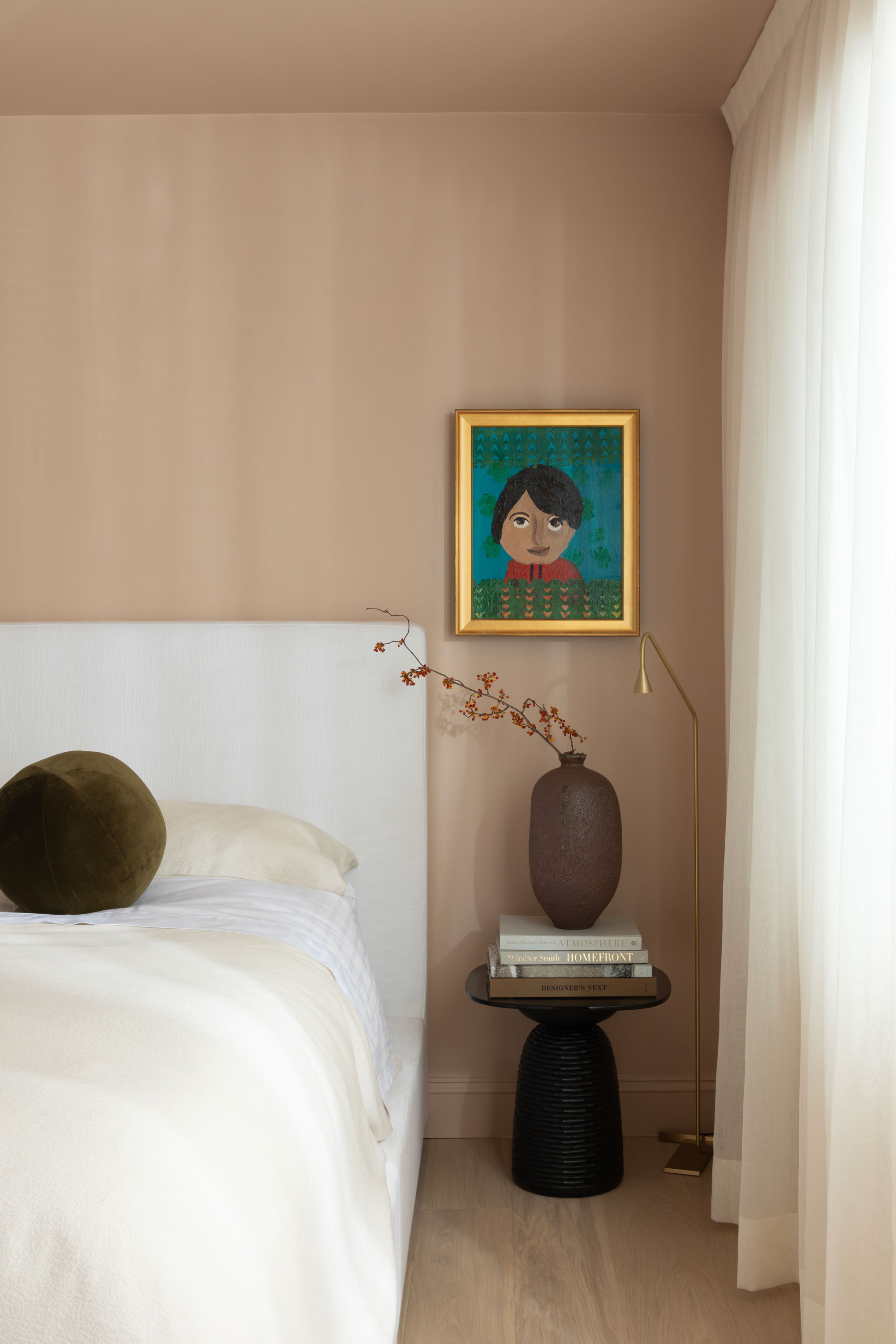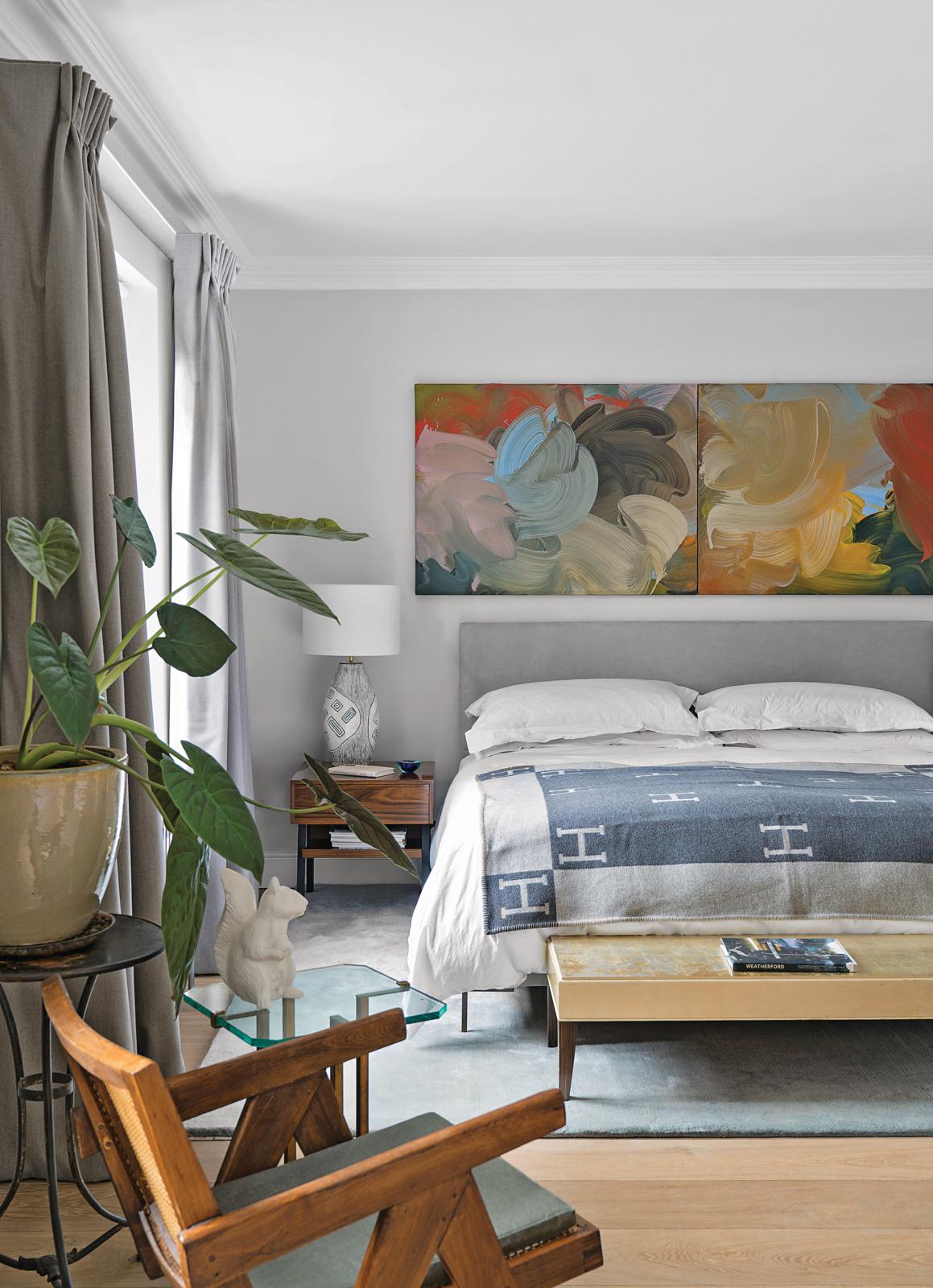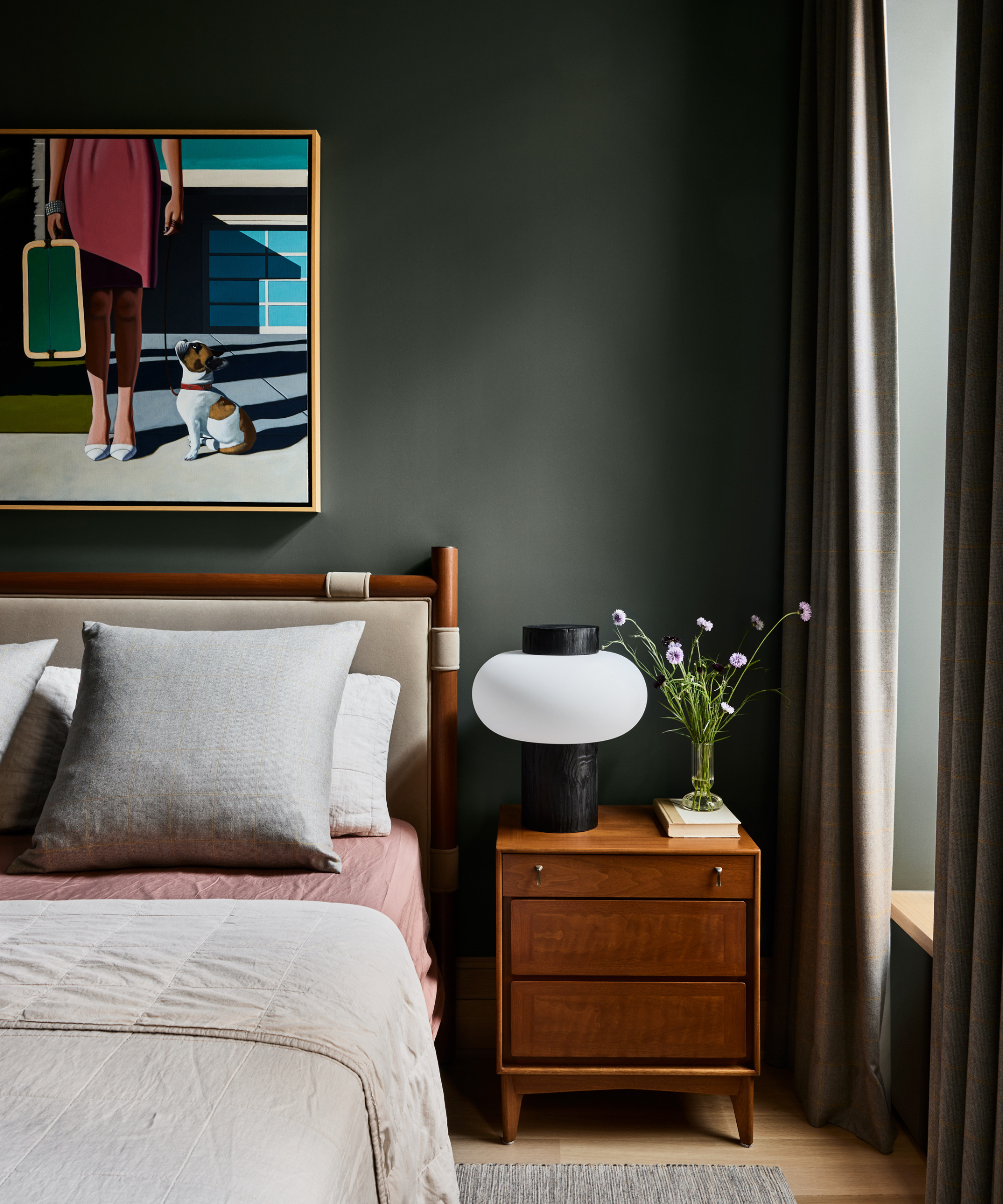
Aside from the pleasant weather and the cheery vibes that come with summer, the best part about this season is the freedom to keep your windows and patio doors wide open. The warm breeze and fresh air make so much of a difference, especially within the restful quarters of a bedroom.
But as the seasons transition and the temperatures dip further and further from hot to temperate and finally cold, the act of opening windows is one that is stowed away until warmer weather prevails. But the truth to how often you should open your windows in winter is more than one would prefer, especially since the frigid air can tamper with the cozy atmosphere you have going.
And when it comes to the windows attached to your primary, the answer is actually no different. However, there are some positives and negatives to consider. So, we've collected everything we need to know from the experts to allow you a chance to make the decision that's right for your home.
Should You Sleep with Your Bedroom Windows Open in Winter?

"Although it may seem brave or even difficult to sleep with a window open in the winter, there are possible disadvantages as well as health advantages," says HVAC technician Francis Kaspar.
When it comes to airing out your space in the winter, he does recommend keeping bedroom windows open, he also outlines the fact that home specialists frequently concur that there must be a balance. "While indoor air quality and sleep quality can be greatly enhanced by fresh air, discomfort, and energy waste should also be avoided," he notes.
If you're curious about whether it's worth pulling up your window treatments and opening your space out to the refreshing outdoor chill, it's worth taking a look at the pros and cons to come.
What Are the Advantages?

When it comes to leaving your bedroom windows unlatched, here are Francis' points that work in favor of your living space.
Better Air Quality: Francis tells us that bringing in fresh air through your window might help reduce indoor pollution. "Carbon dioxide levels can rise in a confined room while you are sleeping, particularly if it is tightly sealed," he says. "Breathing can be improved and made cleaner with a little breeze."
Improved Sleep Quality: "Cool temperatures promote sound sleep, and the crisp winter air can help you reach the appropriate temperature without turning on the air conditioner," he explains. "When the room is cooler, many people report sleeping deeper and waking up less frequently."
Decreased Humidity: Since winter air is often dry, Francis finds that keeping a window slightly open helps to remove any extra humidity that may be present indoors. Because mold, mildew, and dust mites prefer more humid environments, he explains that this helps stop their growth.
Natural Noise Reduction: "Although it may seem contradictory, outside ambient noises, can occasionally serve as a white noise background," he notes. "Drowning out inside sounds that could disrupt your sleep."
Immune System Boost: Francis tells us that it has been suggested that exposing yourself to cold air gradually will help you become more resilient, which may strengthen your immune system. "Inhaling clean, fresh air may boost your body's defenses," he adds.
What Are the Disadvantages?

Now, on the other hand, here are some of the cons that come with leaving your bedroom windows ajar before dozing off. So before you draw your bedroom curtains, these are some things to think about.
Discomfort and Temperature Drop: "The obvious drawback is the possibility of a frigid bedroom," he notes. "That cooling effect quickly wears off if you wake up shivering, resulting in a restless, uncomfortable night's sleep."
Higher Heating Costs: "Your energy bill may increase if you have an open window since it will force your heating system to work harder," he points out. "Any energy-saving advantages may be negated if you wind up overcompensating with your thermostat in an attempt to preserve room comfort."
Potential for Dry Skin and Sinuses: "The already dry winter air can be made worse by sleeping with a window open," he explains. "For people who are sensitive to dry air, this might result in cracked skin, inflamed sinuses, or even worsening respiratory problems."
Allergen Exposure: Even during the winter, Francis explains that opening a window might allow dust or mold spores to enter the house, particularly in places that experience high levels of winter dampness. For allergy sufferers, he finds this could be more bothersome than helpful.
Noise Disturbance: "Although winter evenings are typically calmer, traffic, animal noise, and city sounds may nevertheless cause unforeseen disruptions in some places," he says. "These can disrupt your sleep rather than improve it if you are a light sleeper."
Now that you have all of the information you need, you can take a decision that works best for you and your space. It might be that you live in a high-rise and don't have to worry about the threat of intruders or perhaps you have netting that allows nothing but air to enter the room, thereby allowing you to keep your bedroom windows open without any doubts.
On the contrary, you may live in a low-rise home or in an urban jungle that's not exactly known for its air quality, in which case this may not be a good idea. In the case of people who are sensitive to the cold, airing out your room while you sleep could be damaging to your health, too.
So we encourage you to truly take some time to land on a solution. And remember that there's always ways around it as well. For instance, you can leave the windows open as you wind down but shut them before you sleep, or you can invest in dehumidifiers and air purifiers to improve the ventilation of your space. There's an option for everyone.
Price: $400
Finish: Natural Wood
This Windmill Smart 3-in-1 True HEPA Air Purifier from Wayfair comes in a wood finish that would work beautifully in a room adorned with natural rattan decor.
Price: $150
Color: Pink
This Costway Portable Home Dehumidifier from Amazon is available in pink, yellow, and blue hues that are a far cry from the typical dehumidifier eyesores.
Price: $78
Color: Black
If you prefer a classic form that is easily portable from one bedroom to another, this WINIX A230 Bedroom Air Purifier from Walmart is your perfect next buy.
FAQs
When to Avoid Leaving Your Bedroom Windows Open in Winter?

Josh Mitchell, HVAC expert at Air Conditioner Lab, tells us that there are a couple of factors that dictate when you should not keep your windows open, despite the advantages.
Extreme Temperatures: "If temperatures are well below freezing, keeping the window open can make the room too cold," he notes. "Leading to issues like frozen pipes nearby or damage to items in the room."
High Pollution Days: "In some areas, winter air quality can suffer due to smog or pollution," he explains. "If there's an air quality alert, it's best to keep windows closed to avoid bringing in harmful particles."
If You Have Respiratory Issues: Josh also points out that conditions like asthma or other breathing concerns can worsen in cold, dry air. So he suggests that it may be better to keep the window shut if you experience any symptoms.
Near Open Flames: "If you have a fireplace or other heating source that requires proper ventilation, keeping a window open can affect airflow," he says. "And lead to drafts that disrupt the safe use of those heating sources."







